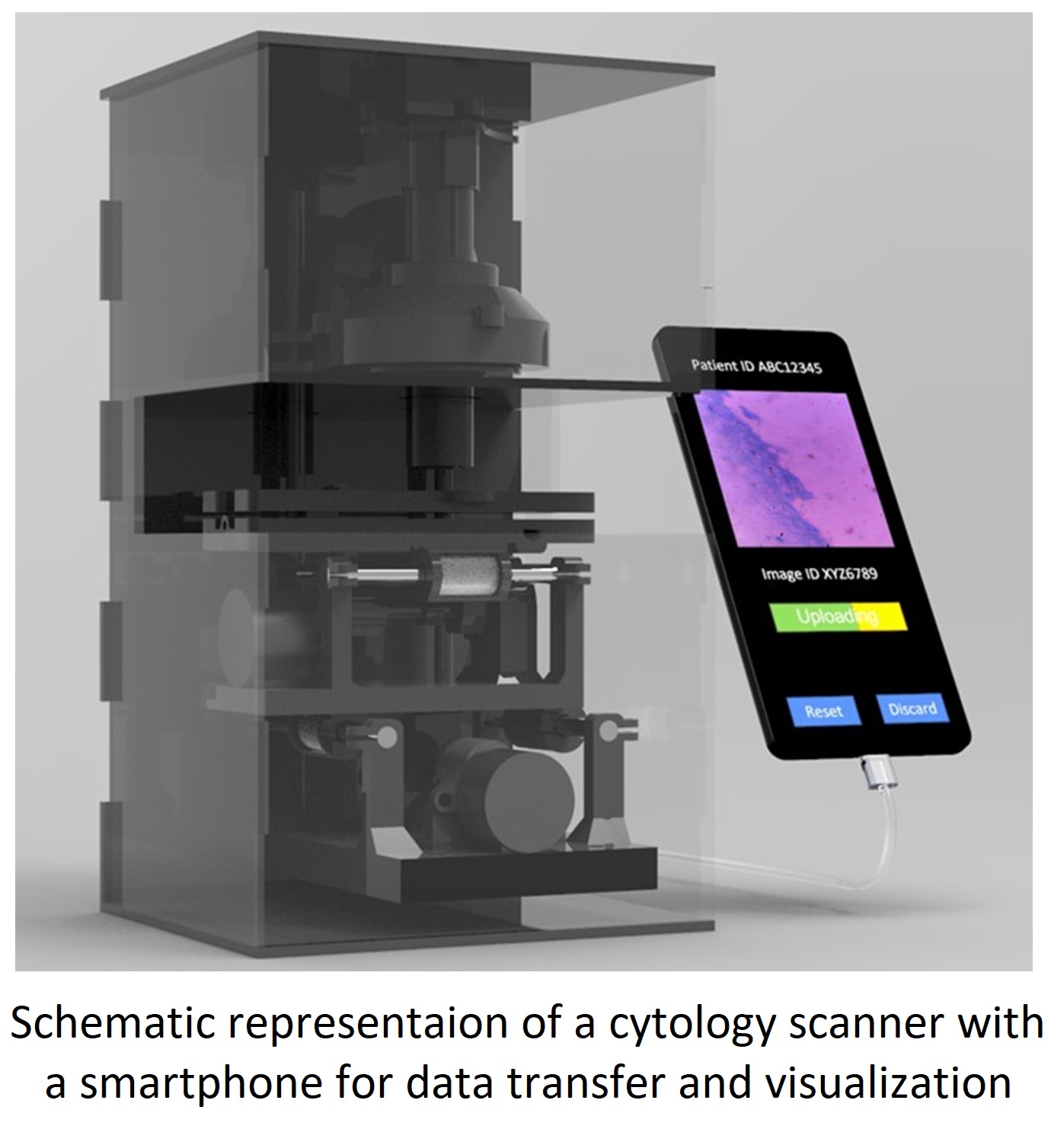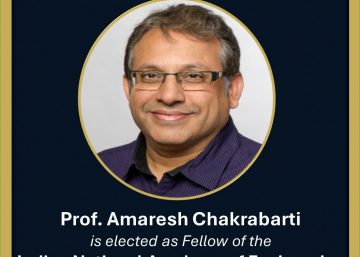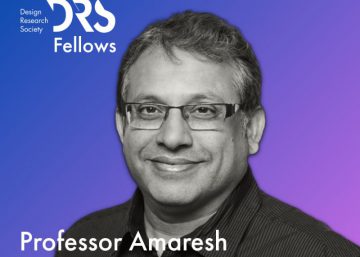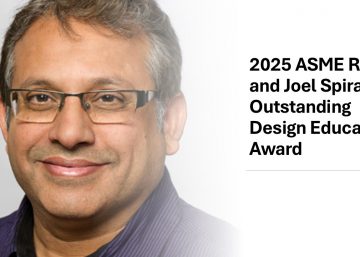Prof. Hardik J. Pandya, Associate Professor at DESE, Associate Faculty at DM, IISc receives a prestigious grant of US$ 1.033 Million from the National Institutes of Health (NIH), USA.
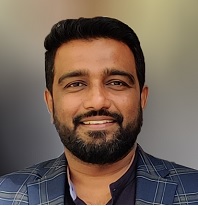
The overall vision of the proposed project is to develop and deploy an affordable automated point-of-care (POC) telecytology platform for oral cancer screening that will reliably establish a diagnosis of oral cancer in the community setting and establish an immediate referral care pathway.
Oral cancer is a significant public health problem in India; 77,000 new cases and 52,000 deaths are reported annually, which is approximately one-fourth of global incidences. Approximately 70% of cases present at an advanced stage, when the probability of cure is very low, and a five-year survival rate is around 20%. It has been estimated that early diagnosis, with timely and proper treatment, could improve the survival rate by up to 90%. The current ‘gold standard’ of oral cancer screening is a visual inspection of the mouth by trained individuals, followed by a biopsy of suspicious lesions. However, in India, there is a nine-month delay from the onset of symptoms to diagnosis. Of this, seven months are attributed to delays in the medical pathway. The majority of the population lives in a rural environment, where access to pathology services and expertise is very limited. Without definitive proof of cancer, patients, most of the time, are not eligible for state-run insurance programs for treatment.
The proposed approach comprises a portable system integrated for scanning brush biopsy cytology slides with cloud connectivity to transmit images to pathologists and/or automated diagnosis via a validated algorithm for identifying atypical cells. The group envisages a prototype with in-built artificial intelligence (AI) algorithms for automated reporting in the field. Dr. Pandya and the team believe this innovative and affordable workflow would expedite diagnosis and provide significantly earlier treatment for oral cancer patients.
Dr. Hardik J. Pandya is an Associate Professor in the Department of Electronic Systems Engineering, Division of EECS, and Associate Faculty at the Department of Design and Manufacturing, IISc Bengaluru, where he developed Advanced Microsystems and Biomedical Devices Facility for Clinical Research and Biomedical and Electronic (micro-nano) Engineering Systems (BEES) Laboratory to carry out cutting-edge research on novel devices to solve unmet problems in biology and medicine. His current research focuses on minimally invasive and non-invasive technologies with an emphasis on but not limited to cancer diagnosis (brain, breast, head, and neck), e-nose (diabetes, breast cancer screening), cardiovascular pathology and Neuroprotective Therapies for Acute Stroke, Parkinson’s and Epilepsy.
For more information, please visit: https://labs.dese.iisc.ac.in/beeslab/
The National Cancer Institute (NCI) coordinates the United States National Cancer Program and is part of the National Institutes of Health (NIH), which is one of eleven agencies that are part of the U.S. Department of Health and Human Services. The NCI drives the cancer research enterprise by supporting and convening researchers, paying for facilities and systems, coordinating the National Cancer Program, and more. https://www.nih.gov/grants-funding
The Cancer Diagnosis Program strives to improve the diagnosis and assessment of cancer by effectively moving new scientific knowledge into clinical practice. This national program stimulates, coordinates and funds resources and research to develop innovative in vitro diagnostics, novel diagnostic technologies, and appropriate human specimens to better characterize cancers and allow improved medical decision-making and evaluation of response to treatment.
https://cdp.cancer.gov/default.htm
